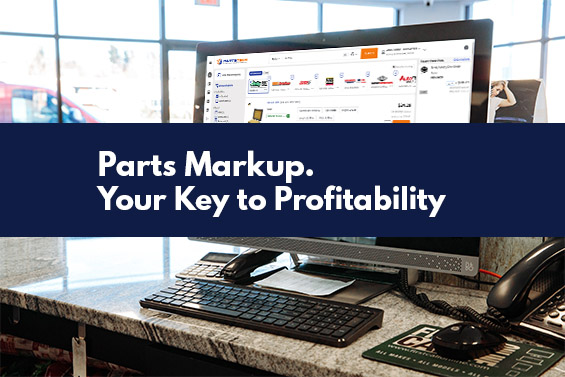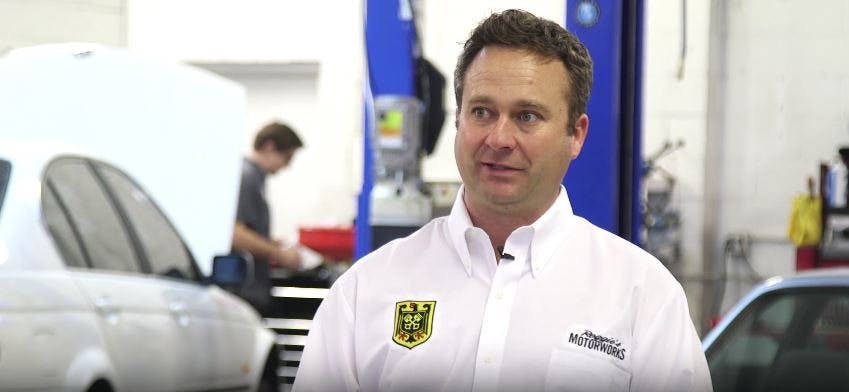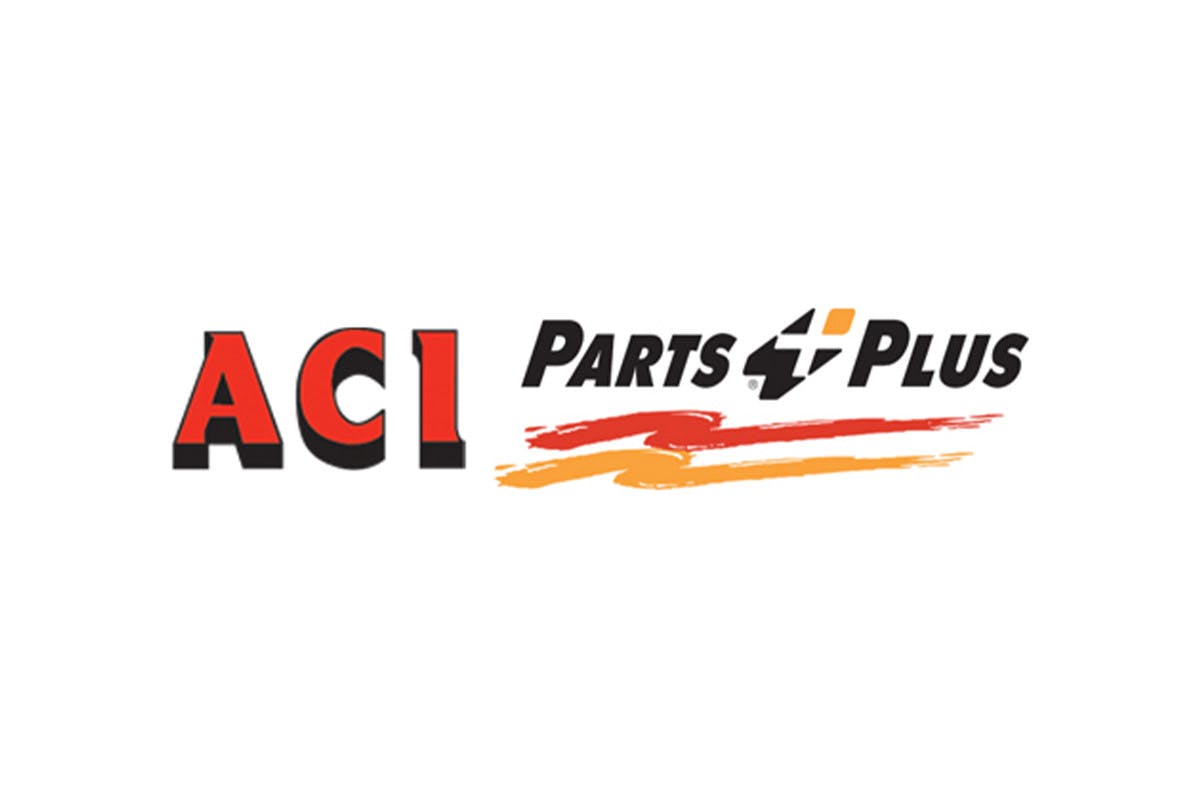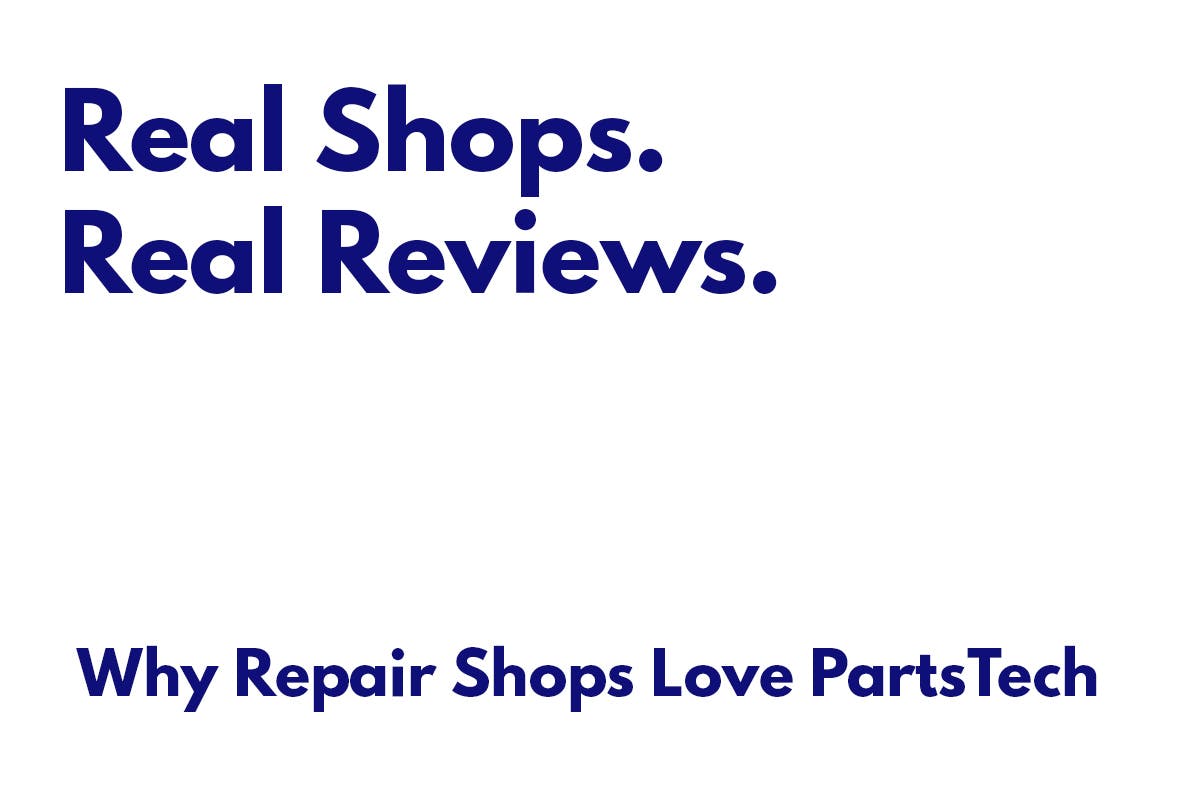

Quality parts,needed now.
Erik: Tell Us About Your Shop.
Reggie: We’re a German specialty shop, we pride ourselves on being enthusiast based. Most everybody here has a project car. The reason I started the business was to have the tools and a lift to service cars in a way that I couldn’t do at home. I’m 10 years into it and I’m still building project cars for myself and for clients. It’s not the core of our business anymore, but it’s what makes it fun.
Erik: I see you’re a Bosch Service Center, what does it mean to be affiliated with that brand?
Reggie: Bosch approached us 4 or 5 years ago, and they found us to meet their criteria, both in terms of how our shop presents and how we do business. They shopped us, I guess. They Invited us to join the program. They provide some additional training, incentive on Bosch parts, and they own OTC Tools and a couple other tool companies, so it’s a good relationship.
Erik: What technology are you guys running in the shop as far as SMS, shop management system?
Reggie: Mitchell, or Mitchell1 I guess they call it.
Erik: How does that system tie into the parts ordering process?
Reggie: Right now, the guys, as they are in a work order, they have some icons along the bottom. Of course Worldpac is one of our huge parts sellers, parts providers. They can click on that and they can take those parts from Worldpac and import them directly into the work order. So now we have our cost, quantity on hand, if we order multiples. We have all of that information in our management system. It’s very powerful. The guy never has to leave that screen.
Erik: I don’t know if you’re close enough to the process to know, but do you have to enter each distributor separately?
Reggie: Yes, so if we go to one program or one parts provider – whether that be Worldpac, NAPA or whomever – and we do a search. They either have the part or they don’t. If they don’t have the part, or they don’t have, you know, a part that fits our criteria, then we have to close that window. We’re going to have to open up another parts provider and check and see if they have that part. And so on and so forth. And then, of course there are only so many parts providers that have the link with Mitchell, so if they don’t have it, then we’re going to either call a dealer or get online to SSF or one of our other parts providers that’s not linked up with Mitchell.
Erik: So, when you’re within Mitchell, and you’re going from parts provider #1 to parts provider #2, is all the information there or do you need to re-enter vehicle or part information?
Reggie: That I don’t know.
Erik: No Problem. So when you’ve exhausted your options in Mitchell, no body has the specific part that you’re looking for, can you just talk a little bit more about that process?
Reggie: Yeah, if none of our parts providers through Mitchell have the part we’re looking for, then we’re going to pick up the phone. Most likely, the first thing we’re going to do is call the local dealer. That’s the part we want at that point in time. If the local dealer doesn’t have it, then we’re going to call your other local parts places. Some of those are in Mitchell, I guess, already. Like Altrom, that we’re doing business with, I don’t think is integrated yet. And honestly, I don’t know how reliable the other catalogs in Mitchell are, compared to say, we know Worldpac works really well.
Erik: Why do you say that?
Reggie: You know, it’s been a while since I’ve used those, but in the past, the user interface has not been one that I’ve been a big fan of.
Erik: So you have a lot of specialty sources that you can’t access through your SMS?
Reggie: Correct.
Erik: So when a car comes in, how much time do you spend looking for parts, on average?
Reggie: On an average? Probably not a ton because we have a couple parts providers that provide 80% of what we need. When we get stuck, that’s when it becomes a problem. You know, in the other 20% of the time, we may spend 20 or 30 minutes trying to track down the part. And then, where is that part at? Is it going to be delivered to us? Or do we have to send someone to pick it up? So that’s a big piece of the problem there, too. It’s not only finding the parts in a catalog somewhere, but getting it so we can get it on the car and get a customer back on the road.
Erik: Outside parts ordering, what other challenges do you guys run into as an independent repair shop?
Reggie: Right now, our challenge is finding more technicians. We’re fortunate enough to have plenty of business, but we’re a little short handed. Finding guys that do the quality of work that we do has been tough lately.
Erik: Do you guys have any issues with finding information needed to repair vehicles?
Reggie: With german cars, it can be difficult. We have a wide array of information sources. We use Mitchell, Identifix, a little bit…I’ve used Alldata in the past. Now we’re hooked up with BMW factory tools, so we go directly to BMW to get repair information, so on those cars we have pretty good coverage.
Erik: So jumping back to parts ordering, if you could describe the perfect parts ordering system, what would it look like? What would that system do?
Reggie: The perfect parts ordering system would be, you know, you could go into our management system, which is currently Mitchell, and somehow find a catalog, a singular catalog that pulls form multiple databases or can query multiple databases. And once you have that part number in front of you, be able to search the vast majority of vendors that you deal with and drag and drop it into the work order. And wherever you bought it from, it links to that. It makes a link to that so you have your cost and calculate everything else from there.
Erik: As we stand here today, do you have the perfect parts ordering system?
Reggie: I don’t think the perfect parts ordering system – or management system – exists.
Erik: And in terms of when you’re shopping parts, how do you make buying decisions? Price? Quality?
Reggie: Quality and Speed. My priorities, shopping for a part for a client car, is number one it’s gotta be a high quality part. I’m not going to put a part on the car that I know is going to fail. Number two, how fast can I get that part. If I can get it and get the car back on the road today, that’s going to be my top priority. But it has to be in that order. I can get aftermarket parts today, I’m not going to.


